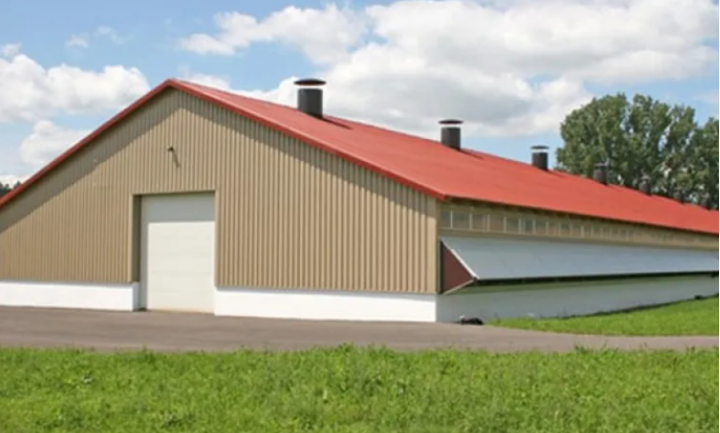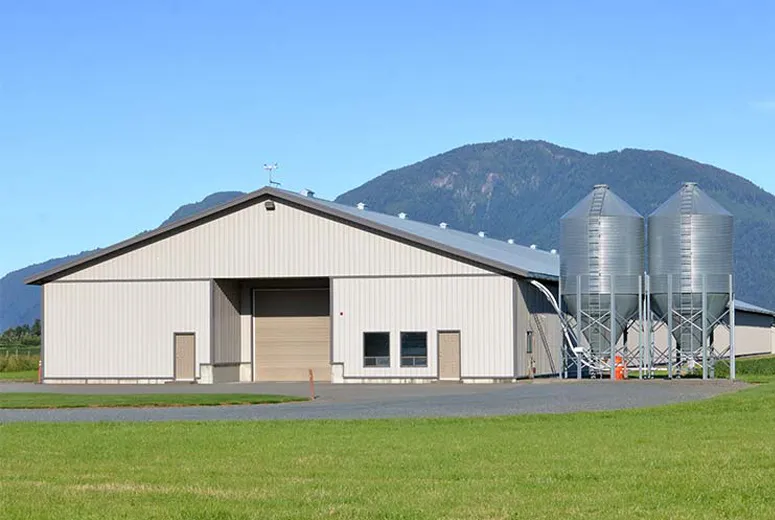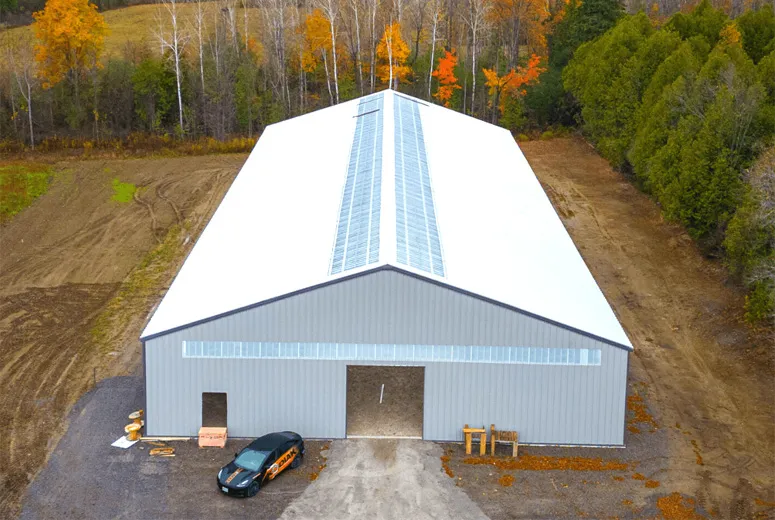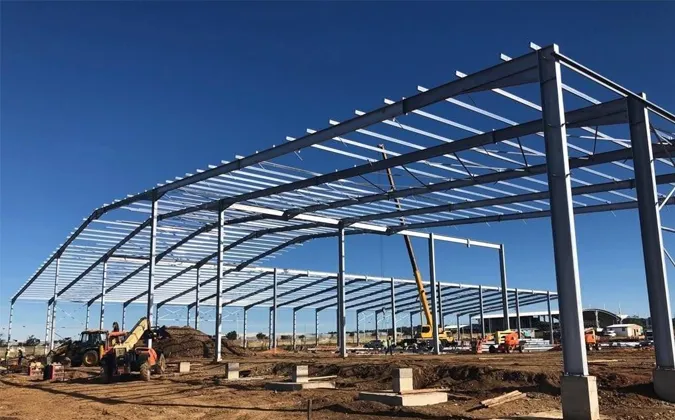- Afrikaans
- Albanian
- Amharic
- Arabic
- Armenian
- Azerbaijani
- Basque
- Belarusian
- Bengali
- Bosnian
- Bulgarian
- Catalan
- Cebuano
- Corsican
- Croatian
- Czech
- Danish
- Dutch
- English
- Esperanto
- Estonian
- Finnish
- French
- Frisian
- Galician
- Georgian
- German
- Greek
- Gujarati
- Haitian Creole
- hausa
- hawaiian
- Hebrew
- Hindi
- Miao
- Hungarian
- Icelandic
- igbo
- Indonesian
- irish
- Italian
- Japanese
- Javanese
- Kannada
- kazakh
- Khmer
- Rwandese
- Korean
- Kurdish
- Kyrgyz
- Lao
- Latin
- Latvian
- Lithuanian
- Luxembourgish
- Macedonian
- Malgashi
- Malay
- Malayalam
- Maltese
- Maori
- Marathi
- Mongolian
- Myanmar
- Nepali
- Norwegian
- Norwegian
- Occitan
- Pashto
- Persian
- Polish
- Portuguese
- Punjabi
- Romanian
- Russian
- Samoan
- Scottish Gaelic
- Serbian
- Sesotho
- Shona
- Sindhi
- Sinhala
- Slovak
- Slovenian
- Somali
- Spanish
- Sundanese
- Swahili
- Swedish
- Tagalog
- Tajik
- Tamil
- Tatar
- Telugu
- Thai
- Turkish
- Turkmen
- Ukrainian
- Urdu
- Uighur
- Uzbek
- Vietnamese
- Welsh
- Bantu
- Yiddish
- Yoruba
- Zulu
Oct . 13, 2025 15:59 Back to list
Metal building kit—including heavy-duty steel structure factory building kits and versatile factory direct metal carports—has become a go-to solution for fast, cost-effective industrial and commercial construction, thanks to pre-cut components and standardized designs. However, proper assembly is critical to ensure structural integrity, especially for load-bearing structures like steel structure factory building or weather-resistant factory direct metal carports. For wholesalers serving construction firms, industrial developers, or agricultural operations, partnering with a supplier that offers not just quality kits but also expert assembly guidance is essential. Hebei HongJi Shunda Steel Structure Engineering Co., Ltd., a seasoned firm founded in 2000 (with 52,000㎡ facilities and $2.5M registered capital, specializing in steel structure warehouses, workshops, and sheds), leverages its decades of steel structure experience to support metal building kit assembly—ensuring wholesalers’ clients avoid common pitfalls and achieve durable results.

Foundation Alignment for Steel Structure Factory Building
The foundation is the backbone of any steel structure factory building —poor alignment leads to structural stress, panel gaps, or even collapse. Follow these critical steps:
▲ Prioritize Level & Load-Bearing Capacity: Use a laser level to ensure the concrete foundation is level within ±3mm per meter—steel structure factory building kits (which support heavy machinery) require foundations with 2x the load capacity of residential metal building kit. For example, a 500㎡ factory building needs a foundation rated for 250kg/㎡ (vs. 120kg/㎡ for factory direct metal carports).
▲ Anchor Bolt Placement: Pre-install anchor bolts (included in HongJi Shunda’s steel structure factory building kits) at precise intervals (per the kit’s layout) to secure the base frame. Mark bolt positions with chalk lines and double-check against the blueprint—misplaced bolts can force frame modifications, adding 8+ hours to assembly time.
▲ Weatherproofing Prep: For outdoor structures like factory direct metal carports, apply a rubber gasket between the foundation and base frame to prevent water seepage—HongJi Shunda’s kits include these gaskets, eliminating the need for clients to source extra materials.
Assembly Tips by Metal Building Kit Type: A Comparative Guide
|
Building Kit Type |
Key Assembly Focus |
Essential Tools |
Critical Do’s & Don’ts |
HongJi Shunda Advantage |
Wholesaler Value |
|
Standard Metal Building Kit |
Panel alignment; screw spacing |
Laser level, cordless drill |
Do: Space screws every 30cm; Don’t: Over-tighten panels |
Pre-cut panels with pre-marked screw holes |
Appeals to small commercial clients |
|
Steel Structure Factory Building |
Frame bracing; load distribution |
Torque wrench, crane (for heavy beams) |
Do: Install diagonal bracing first; Don’t: Skip beam inspections |
Heavy-duty connectors rated for industrial loads |
Caters to industrial developers |
|
Factory Direct Metal Carports |
Wind resistance; roof slope alignment |
Tape measure, adjustable wrench |
Do: Tilt roof 5° for drainage; Don’t: Ignore wind braces |
Lightweight yet durable frames for weather resistance |
Fits agricultural/ commercial clients |
Framing & Panel Assembly for Metal Building Kit
◆ Start with the Base Frame: For any metal building kit, assemble the base frame first by attaching main beams to anchor bolts—tighten bolts to the torque specified in the manual (usually 40–50 N·m for factory direct metal carports, 80–100 N·m for steel structure factory building). Use a level to ensure the frame is square: measure diagonally from corner to corner—equal distances mean the frame is aligned.
◆ Panel Installation Sequence: Install wall panels before roof panels to avoid damaging roof components. For steel structure factory building kits, overlap wall panels by 5–7cm to block water; for factory direct metal carports, use the included clip-on seals to close gaps around the roof edges. HongJi Shunda’s panels have interlocking edges—press firmly until you hear a “click” to confirm a secure fit, reducing the risk of panel separation in high winds.
◆ Bracing for Stability: Add diagonal bracing to wall and roof frames (critical for steel structure factory building that handles vibrations from machinery). Use 12mm-thick steel braces (included in HongJi Shunda’s kits) and attach them at 45° angles—this boosts lateral stability by 60%, ensuring the structure withstands storms or heavy snow.
Safety & Post-Assembly Checks for Steel Structure Factory Building
- Safety First: Always wear fall protection (for roof assembly), work gloves (to avoid metal cuts), and safety glasses (when cutting minor components). For steel structure factory buildingassembly, use a stable scaffold (not ladders) for high reaches—HongJi Shunda provides safety guidelines tailored to each kit type, helping wholesalers’ clients comply with OSHA and local safety standards.
- Post-Assembly Inspections: After assembly, check three key areas: 1) Bolt tightness (re-tighten any loose fasteners); 2) Panel gaps (seal any gaps with silicone caulk for factory direct metal carports); 3) Frame straightness (use a laser level to confirm no post-assembly warping). For steel structure factory building, hire a third-party inspector to verify load-bearing capacity—HongJi Shunda can recommend qualified inspectors to streamline this step for clients.
Metal Building Kit FAQS
How Long Does It Take to Assemble a Steel Structure Factory Building Kit?
The timeline depends on kit size and team experience: a 200㎡ steel structure factory building kit takes 5–7 days with a 4-person team (vs. 1–2 days for a factory direct metal carport). Hebei HongJi Shunda’s pre-cut components and digital assembly videos reduce time by 25% vs. generic kits—wholesalers can highlight this speed to clients needing fast factory expansions.
Do I Need Professional Help to Assemble a Metal Building Kit?
Small kits like factory direct metal carports can be assembled by a skilled DIY team, but steel structure factory building kits require professional help (due to heavy components and load-bearing demands). HongJi Shunda offers free assembly guidance (via phone or video call) for wholesalers’ clients, and can connect them with certified installers if needed—eliminating client hesitation about complex builds.
Will Weather Affect Metal Building Kit Assembly?
Yes—factory direct metal carports avoid assembling during rain, snow, or high winds (over 15mph). Moisture can cause rust on uncoated components, and wind can blow lightweight panels off track. HongJi Shunda’s kits include temporary protective covers for partially assembled structures, letting teams pause work safely and resume when weather clears—critical for wholesalers serving clients in variable climates.
What Maintenance Is Needed After Assembling a Steel Structure Factory Building?
Annually inspect bolts (re-tighten if loose) and panel coatings (touch up with anti-rust paint if chipped). For factory direct metal carports, clear debris from the roof to prevent water pooling. HongJi Shunda provides a maintenance checklist with each kit, helping clients extend the structure’s lifespan to 20+ years—adding long-term value for wholesalers’ customers.
Can Metal Building Kits Be Customized for Specific Needs?
Absolutely—HongJi Shunda offers customized metal building kit (e.g., wider factory direct metal carports for trucks, taller steel structure factory building for overhead cranes) with pre-cut components still included. Wholesalers can work with HongJi Shunda to fulfill niche client requests (e.g., agricultural sheds with ventilation panels) without sacrificing assembly ease.
-
Bolted Connections in Steel Frame Warehouse
NewsNov.17,2025
-
Hay Storage in Farm Metal Buildings
NewsNov.17,2025
-
Advantages of a Steel Portal Frame Shed
NewsNov.17,2025
-
The Erection Process of a Steel Building Hangar
NewsNov.17,2025
-
Energy Efficiency of Steel Dome Garage Kits
NewsNov.17,2025
-
Fire Resistance of Kit Metal Garages
NewsNov.17,2025
Products categories
Our Latest News
We have a professional design team and an excellent production and construction team.












